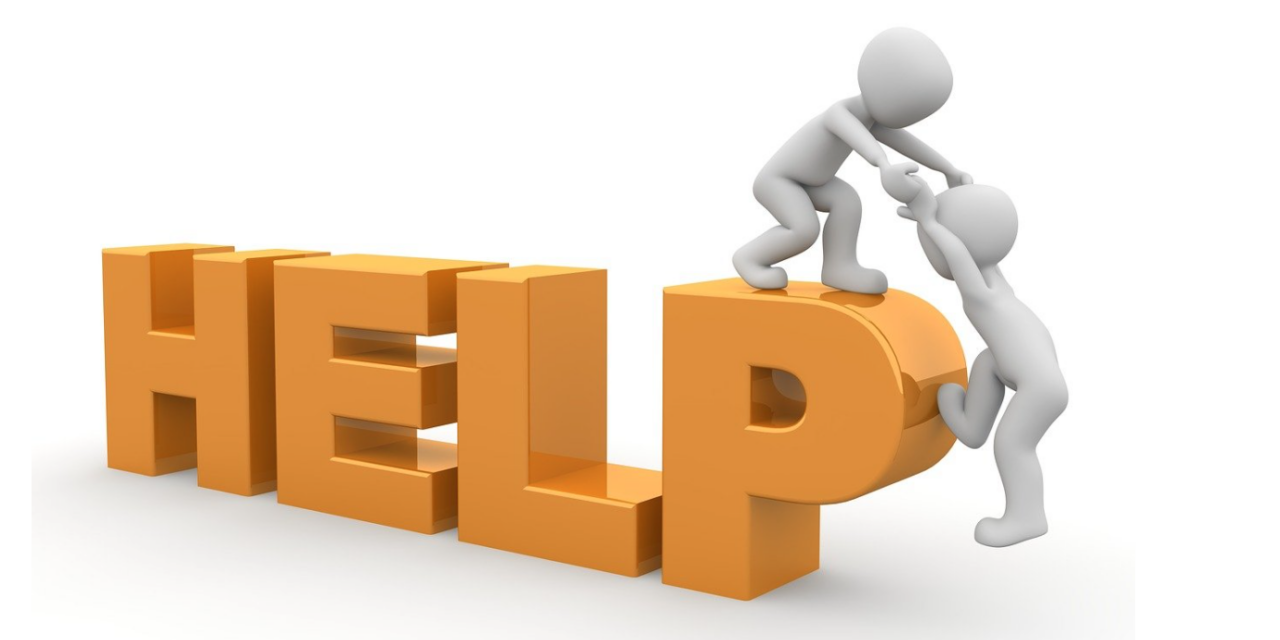Guilford County Tax Department employees are very good at what they do.
Every year, the department is right near the top of the 100 county tax departments in the state when it comes to the percentage of taxes collected.
That’s good news in that it means the county has a lot of money to fund government, but it’s very bad news for people who can’t afford to pay.
That’s why, just as new tax bills are being sent out this year, county officials are letting people know that there are options for those who cannot pay.
For certain qualifying property owners, property tax relief programs are available. There are several programs for county residents that can lower or help pay property tax due: The Senior and Disabled Tax Relief Program – which is also called the Elderly or Disabled Homestead Exclusion – and the Circuit Breaker Tax Deferment Program, and the Disabled Veteran Program.
According to information sent from the county, “If you own a home and it is your primary residence and you are either a senior earning a low-income, a person with a disability, a veteran with a disability or the unmarried surviving spouse of a veteran with a disability, you may qualify for support.”
The best way to get started finding help is to visit taxrelief.guilfordcountync.gov to find out if you qualify. At the site, you can also submit an application.
Guilford County Tax Director Ben Chavis said this week that it’s important for those struggling to pay to work with the county rather than ignore the issue.
“We want to make the process as easy and efficient as possible by providing multiple options and flexibility for making property tax payments,” he said. “We encourage anyone having difficulty paying their property tax to contact our office.”
At this time of the year, the department always stresses the huge importance of property tax revenue to Guilford County. Property taxes make up roughly 63 percent of the revenue to the county, followed by sales taxes (13 percent), federal/state funds (12 percent), and user charges (6 percent).
Chavis notes that property taxes fund the lion’s share of the cost for schools, EMS, public safety and more.


It was a good try Scott but I can’t believe or imagine anyone from city or county govt gives a rip much less help anyone. We have to much waste and pet projects to help any but the chosen few.